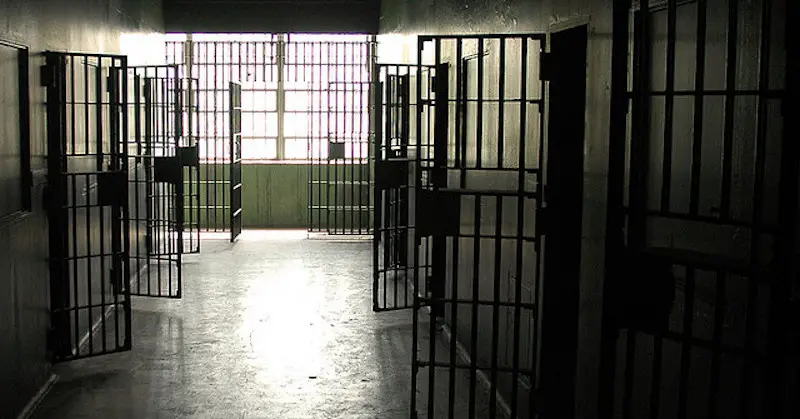The significance of magical literature in U.S. prisons was brought to my attention while working with the prison book program in Asheville, North Carolina back in 2009. It all started with a request for a book on shapeshifting, which initially took me by surprise and amused me. However, as I delved deeper into the world of incarcerated individuals, I came to understand that esoteric interests like magic, fantasy, and alchemy are prevalent among those behind bars.
The experience of incarceration is isolating, stripping individuals of human intimacy and meaningful interactions. With uncertainty about their release and restrictions on personal interactions and belongings, it’s no wonder that escapism through literature offers a necessary release for many incarcerated individuals. It provides a means to maintain hope and find solace in a reality that can be suffocating.
Despite the importance of magical literature to many incarcerated individuals, there is a concerning trend of banning such books in U.S. prisons. A PEN America report titled “Reading Between the Bars” highlights the extensive censorship of books in prisons, particularly those related to magic and fantasy. This censorship not only robs incarcerated individuals of creative and imaginative outlets but also infringes on their intellectual freedoms.
The bans on magical and fantastical literature range from seemingly arbitrary reasons to more concerning justifications. Titles related to magic, occultism, and fantasy are being prohibited in prison facilities across states, under the guise of “safety and security reasons.” The restrictions on literature extend to role-playing games and even books that explore traditional nonhuman beings like fairies and elves. The supposed links between these books and security concerns raise questions about the true motives behind the bans.
The perplexing nature of these bans raises larger questions about cultural attitudes towards imagination and creativity. Despite a thriving culture industry that embraces magic and fantasy, there exists a denigration of such genres as lesser than realism. The classification of literature into highbrow realist fiction and less serious genre fiction reflects a broader societal tendency to dismiss the value of imagination.
The historical evolution of the concept of magic further underscores these societal attitudes. From being associated with knowledge and the unknown in earlier times, magic has been reinterpreted as manipulation and deception in modern times. This disparagement of magical thinking has implications for how it is perceived within carceral institutions and beyond.
To overlook the importance of imagination and creativity is to neglect the potential for transformative change. Writers like Ursula Le Guin and Joan Didion have emphasized the practicality and necessity of imagination in envisioning alternatives to the status quo. The denial of magical literature in prisons is not just a limitation on personal liberties but also a hindrance to envisioning a better future.
Incarcerated individuals emphasize the crucial role that books, including those related to magical and fantastical themes, play in their lives. These books serve as a means of escape, coping, learning, and personal growth. The restrictions on such literature are perceived as oppressive and unnecessarily restrictive, depriving individuals of companionship and intellectual stimulation.
The censorship of magical literature within prisons not only diminishes the experiences of incarcerated individuals but also hampers the collective pursuit of a more imaginative and inclusive society. The denial of the possibility of alternatives through the suppression of creative thought is detrimental to both individual well-being and societal progress.
In conclusion, the ban on magical and fantastical literature in U.S. prisons reflects broader societal attitudes towards creativity and imagination. It is a denial of incarcerated individuals’ fundamental rights and a hindrance to the exploration of alternative narratives. Instead of restricting the imagination, there is a pressing need for more openness and inclusivity towards diverse forms of literature. The power of magic and fantasy lies not in deception but in its potential to inspire hope, resilience, and transformative change.

